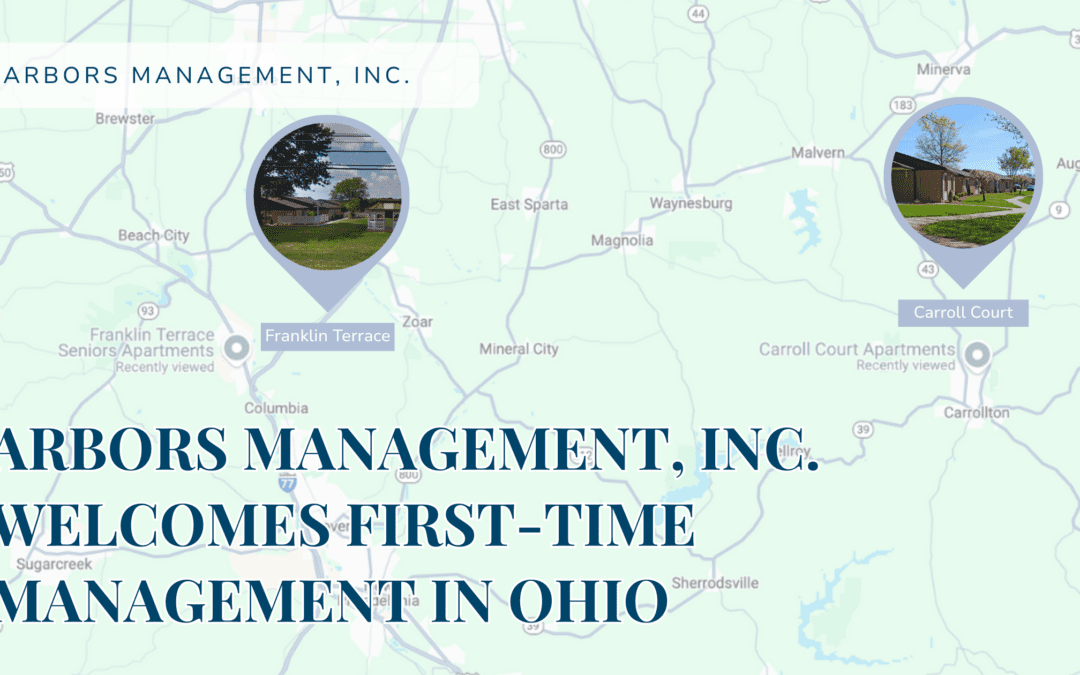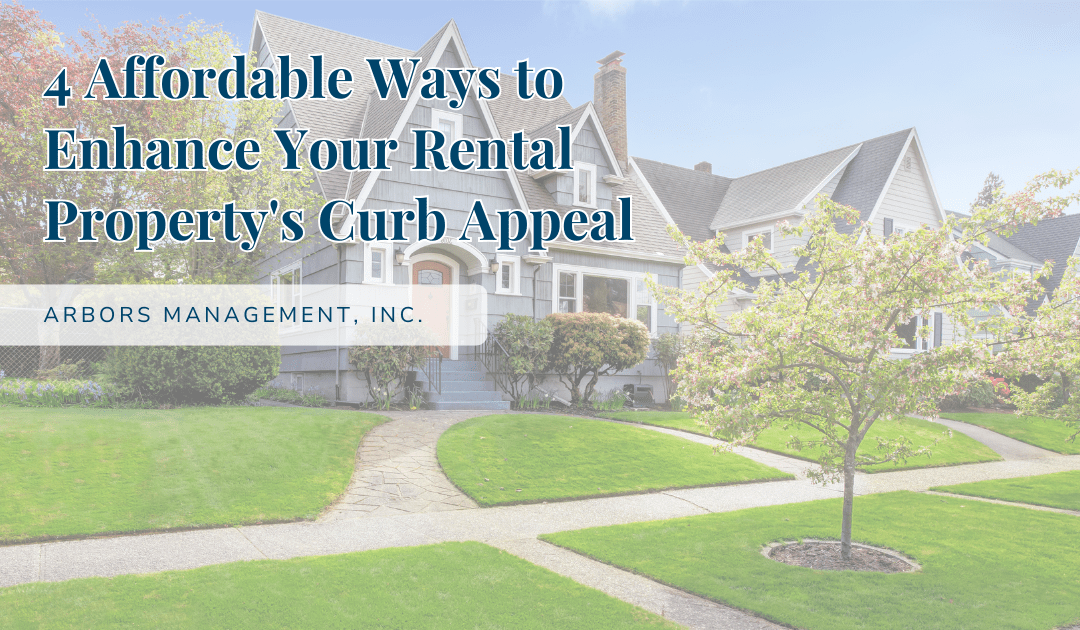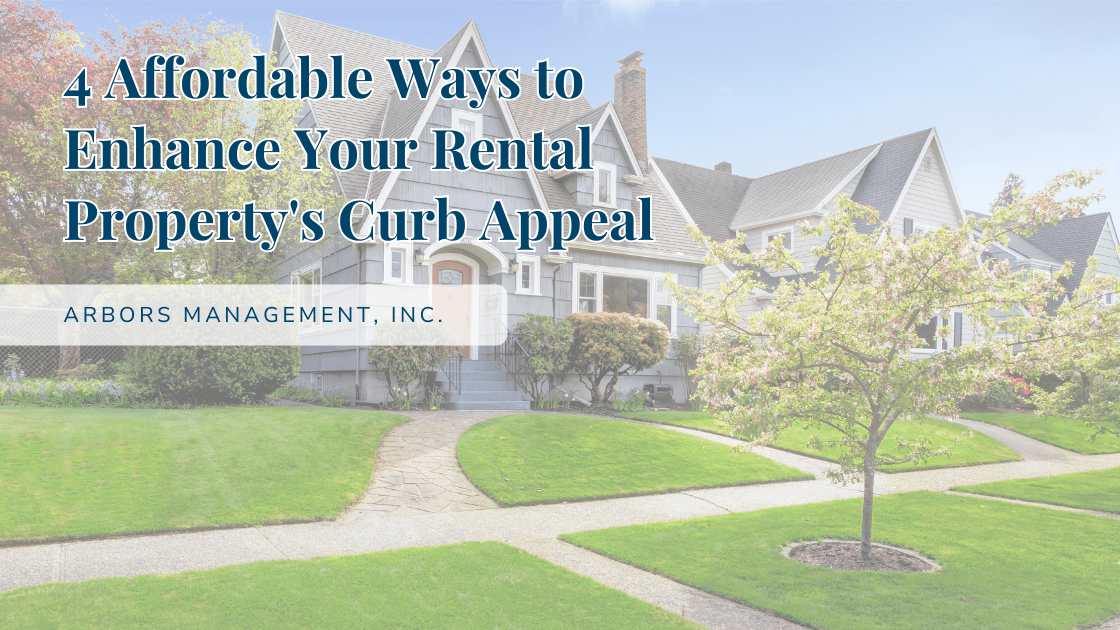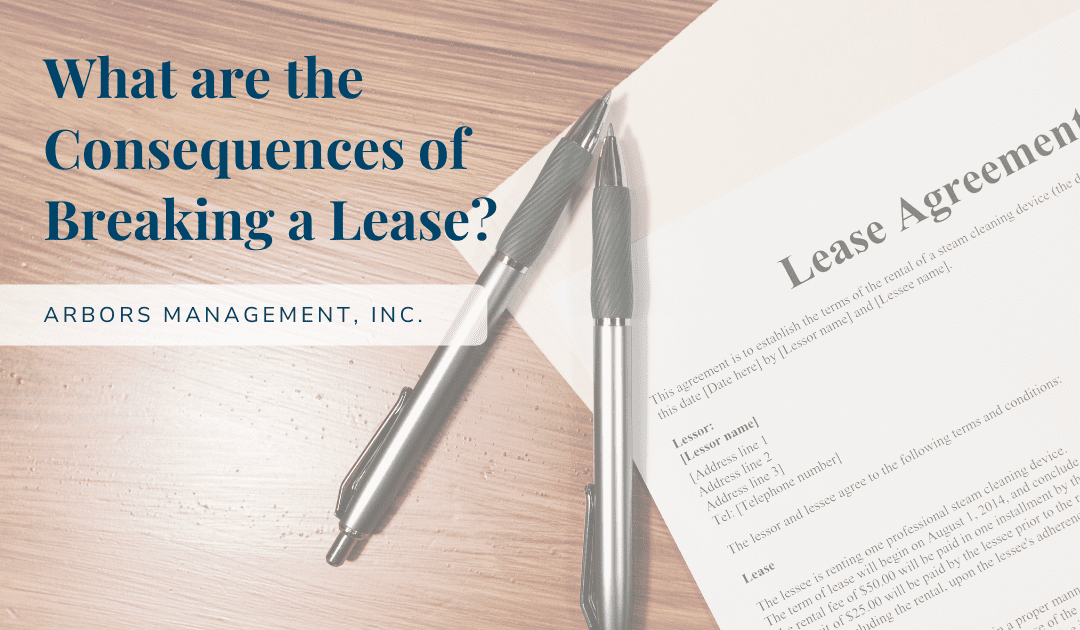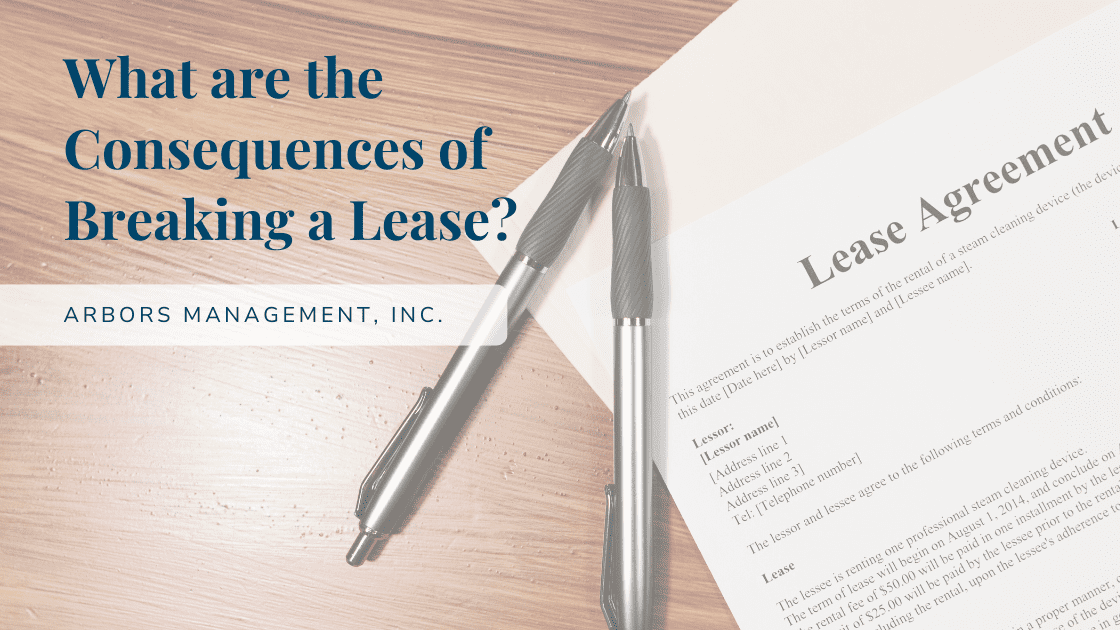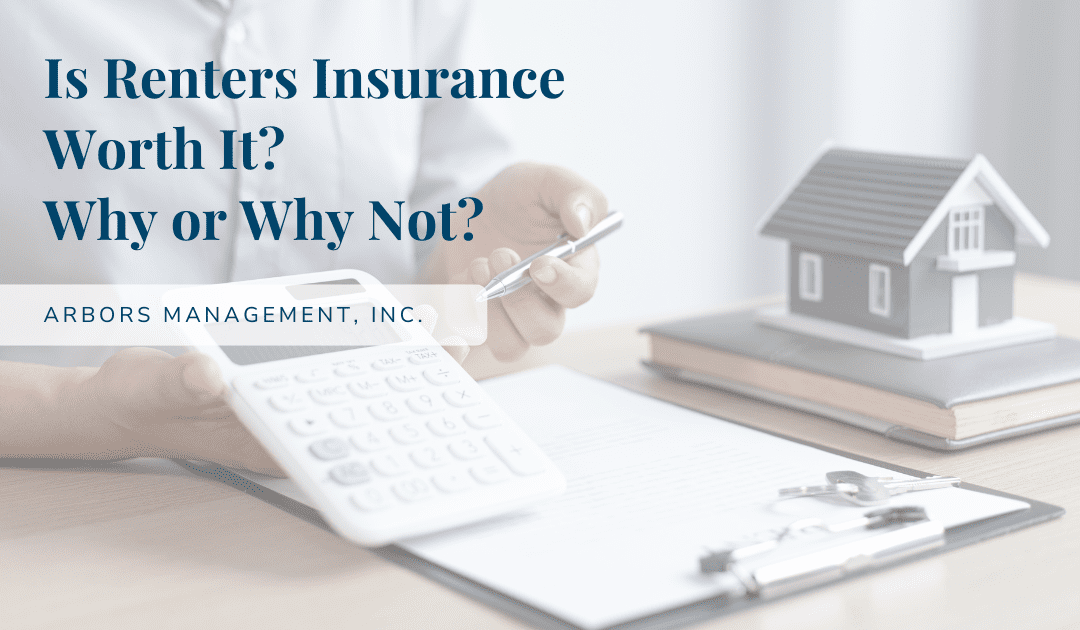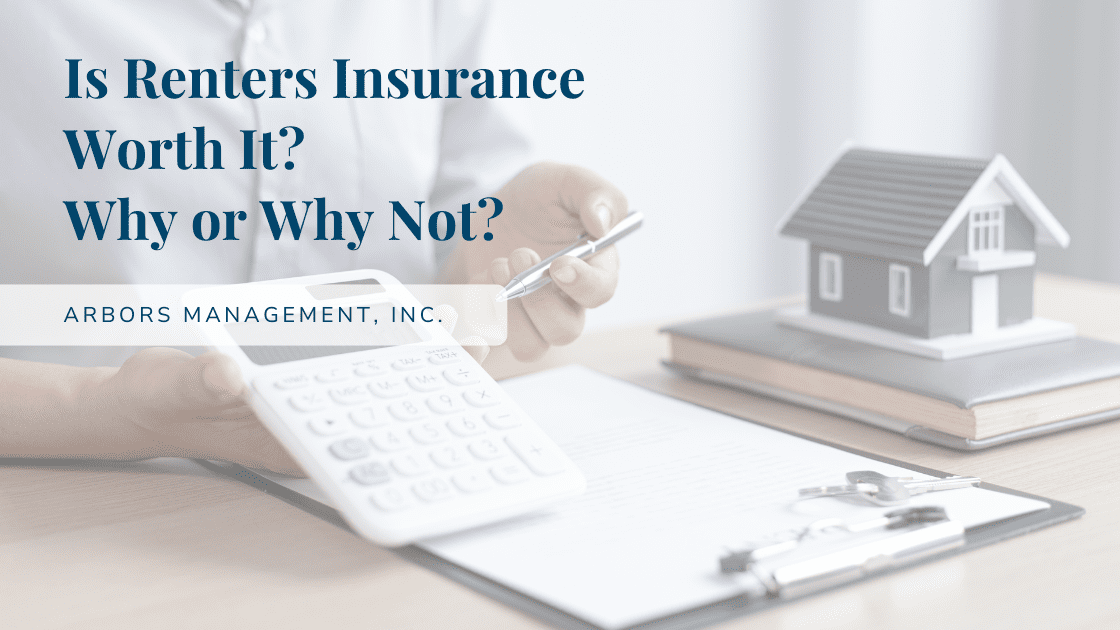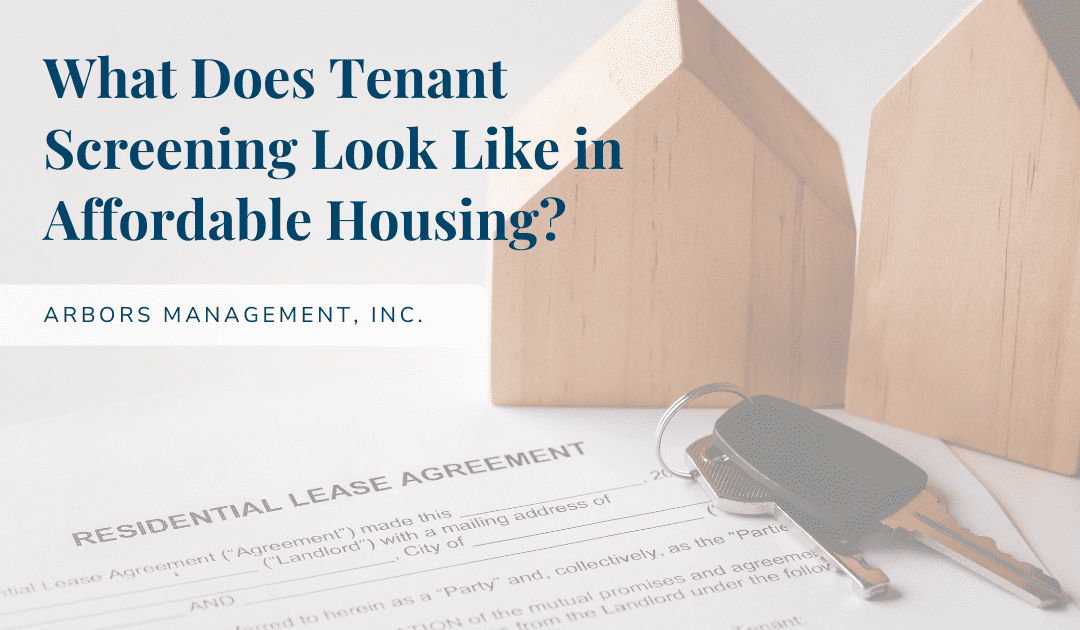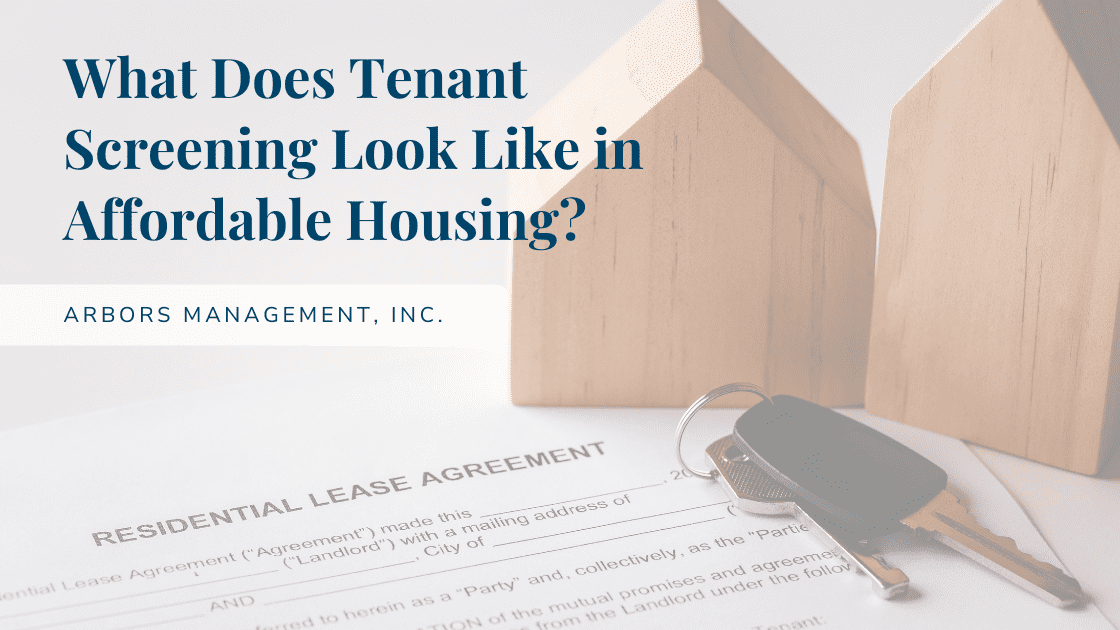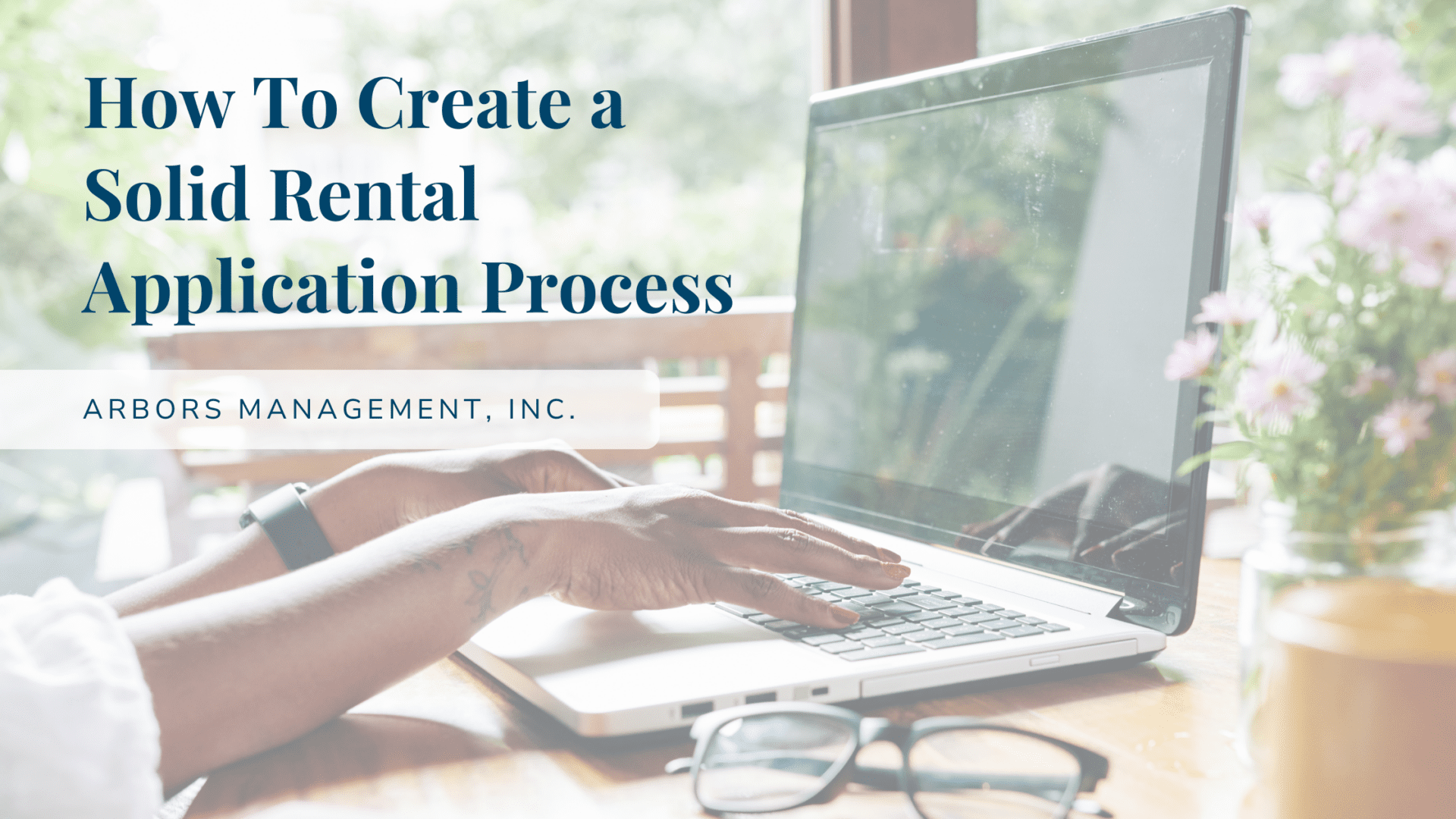
by Andrea F | Jun 18, 2025 | Blog, Featured Posts, Low Income Tax Credit Housing, Press Releases, Project Based Section 8 Housing
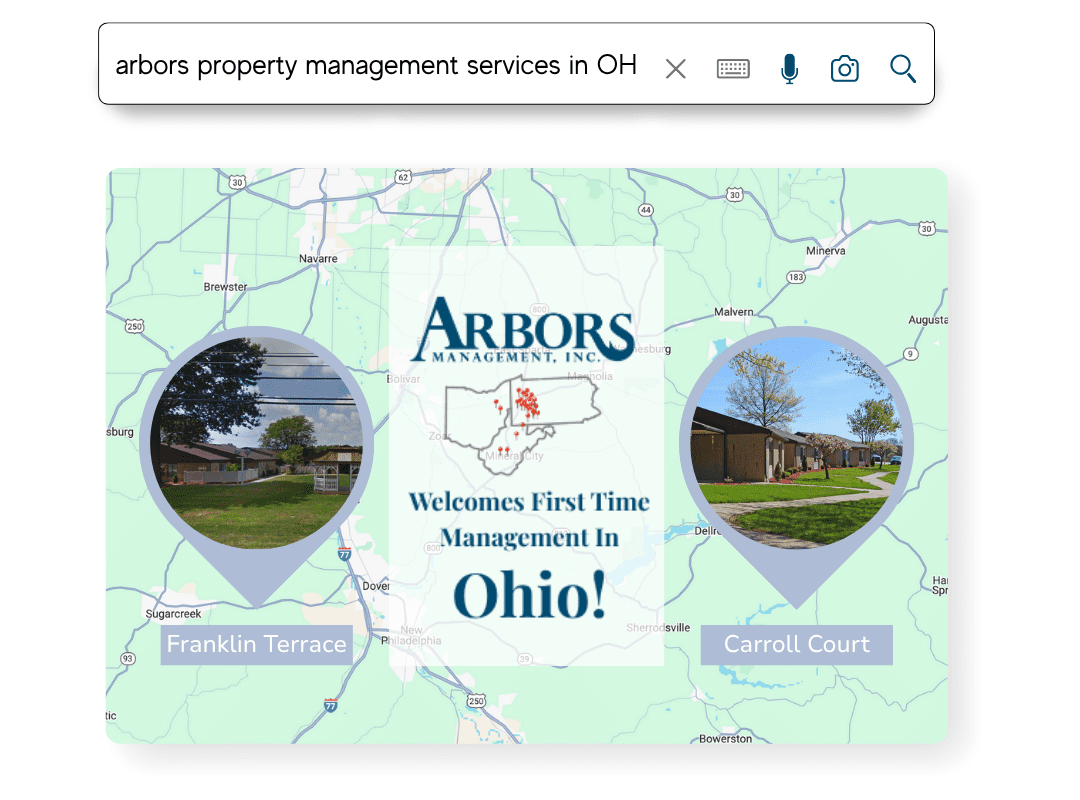
Arbors Management Expands to Ohio- We are thrilled to share the news of our recent management of two new Senior/Affordable Housing properties: Carroll Court and Franklin Terrace, situated in Carrollton and Strasburg, Ohio. This represents Arbors’ first management venture in the state of Ohio, and we are immensely proud of our continuous growth and accomplishments.
Situated in Carrollton, OH, Carroll Court features 60 single-story, garden-style units featuring one and two bedroom units. This property sits in a beautiful setting with a wonderful community building, and plenty of outdoor space, along with storage units for each apartment.
Just a short drive away, in Strasburg, Ohio, lies Franklin Terrace Senior Apartments. This community features garden-style units, offering a total of 79 one and two bedroom apartments. Each equipped with private patios perfect for relaxation, along with a spacious community room for gatherings.
With new ownership and management in place, these properties will undergo nearly $1.5 million dollars in upgrades over the coming twelve months including new roofs, new parking lots, new kitchens, accessibility upgrades, mechanical upgrades, community room upgrades, and more!
Since 1982, Arbors Management, Inc. has developed a portfolio of over 4,000 residential units, encompassing both Market-Rate and Affordable Housing, throughout Western PA and West Virginia, and now Ohio. We are eager to continue growing in all regions. Everyone at Arbors Management is excited about this expansion and looks forward to what the future holds!
If you’d like to explore how Arbors Management can help you manage your property, please visit our website to learn more about our services at our website.

by Nicole Scimio | May 2, 2025 | Blog, Featured Posts, Investment Rental Property, Owner Resources, Property Management Education, Rental Price, Uncategorized

4 Affordable Ways to Enhance Your Rental Property’s Curb Appeal
By: Nicole Scimio
Whether your rental property has curb appeal or not is incredibly important.
It can significantly impact how many applicants you draw in, who you attract, and even the amount you can charge for rent.
But with an investment property, it can be hard to keep up with appearances.
Trends change, things wear down – time takes its toll on a place.
Sometimes, a full renovation sounds great but just isn’t within your budget.
Not to worry, though!
There are plenty of ways to kick your property’s curb appeal up a notch – and with Spring finally here, now’s the time!
We’ve gathered up a few inexpensive and minimally involved ways for you to update your rental property without breaking the bank.
Tip #1: Replace Old Hardware
Refreshing your hardware doesn’t have to be difficult or expensive!
Is the doorknob or door knocker starting to delaminate from years of use and weathering?
Run to your local hardware store, pick a metallic finish that complements your property’s color scheme, and grab some new hardware in matching finishes.
You can also consider updating the porch light fixture and house/unit numbers in a matching finish!
Tip #2: Landscaping Refresh
First thing’s first: cut the lawn, pull weeds, and trim any shrubs you may have.
Add fresh mulch and some beautiful flowers in your landscaping.
You can even plant perennials – flowers that will appear every year. A few examples of perennials include peonies, poppies, black-eyed susans, irises, and more.
You can even consider putting together planters at either side of the entryway to give off a welcoming and homey look.
If you’re looking to take your outdoor revamp even further, add small solar-powered lanterns along the walkway. These are low maintenance and don’t require upkeep or constant battery changes, but add ambience and better sight of the walkway in the dark.
Landscaping can get expensive, but these tips are a fairly quick and low-cost way to revamp your property’s curb appeal.
Tip #3: Add a Fresh Coat of Paint or Stain
Sometimes a fresh coat of paint is all it takes!
Adding a fresh coat of paint or stain on your property’s front door, shudders, and decking if applicable. This small change can make your property look brand new without needing to paint the entire exterior!
Repaint or resurface your mailbox. Sometimes something as small as updating the mailbox you already have can make a world of a difference!
While painting or staining can be time consuming if you opt to do it yourself, the difference it makes is significant! The few hours or days you’ll spend on it will certainly be worth it.
Tip #4: Clean!
Don’t underestimate the power of a good deep cleaning!
Declutter the outdoor area, removing any unnecessary items, picking up any garbage that could have blown through, etc.
You can also powerwash your property’s walkways and driveway. This simple step will make any concrete surface look brand new, and is incredibly satisfying!
Algae growing on your property’s roof or siding? Consider hiring a professional to wash the surface of your investment property and bring it back to life – the difference is massive.
Curb Appeal Can Be Simple
Updating your property’s curb appeal doesn’t have to be intimidating or expensive!
These few tips can help you refresh your property and attract wonderful residents in no time.
If you need help managing your property, that’s what we’re here for! Please reach out to us at 1-800-963-1280 or at monroeville@arbors.com.

by Nicole Scimio | Apr 11, 2025 | Blog, Featured Posts, Owner Resources, Property Management Education, Tenant Education, Tenant Resources, Uncategorized
What Are the Consequences of Breaking a Lease?
By: Brady Merkle

What is a Lease?
When renting an apartment or home, the future occupants and the landlord will need to sign a lease before move-in.
A lease agreement (lease) is a legal document that binds parties to an agreement in which the resident is required to pay to live in housing provided by the landlord. The lease specifies the terms and conditions that both parties must adhere to for a specified period.
Here at Arbors, our lease signing process takes place online for the majority of our market rate units!
Once an applicant has been approved, our management team will send over the lease to the resident through our online portal. This allows our residents to sign and agree at their convenience – it’s simple and easy!
What Does “Breaking a Lease” Mean?
Sometimes the agreements made in a lease are not always followed, whether it be the fault of the occupant(s) or the landlord. When this occurs, it’s called “breaking a lease.”
Breaking a lease means that a party terminated the agreement before the end date of the specified term. The most common lease break is when a tenant moves out of the rental before the end of the lease.
Other instances of lease-breaking can include property damage, failing to pay rent, etc.
It’s also important to note that there is a difference between ‘violating’ and ‘breaking’ a lease.
A violation is less severe and occurs when one of the parties does not adhere to a specified portion of the lease. Examples include not maintaining housekeeping standards or disrupting other residents’ enjoyment of the property (ex: playing loud music late in the evening).
Multiple lease violations will often result in the landlord evicting the renter from the home.
What are the Consequences of Breaking a Lease?
While different management companies or landlords may have different penalties in place, breaking a lease often has financial and/or legal consequences.
For example, if a resident breaks their lease, the landlord may withhold the security deposit and charge additional fees.
Oftentimes, landlords charge fees in order to recuperate the unforeseen loss of income they incur with an unexpected move-out.
Additionally, fees can be charged to cover the cost of repairs for any damage caused to the unit.
These fees are typically depicted in an early termination clause within the lease.
Are the Consequences the Same with Every Landlord?
Every lease is unique. The fee structure may differ from one apartment, landlord, or property management company to another.
If you’ve rented from more than one landlord, you’d likely see differences between those leases if compared.
It’s crucial for all parties to thoroughly read and understand each lease they sign. Never assume that all rental agreement terms are the same!
All parties being on the same page will help avoid confusion and conflict.
Regardless of the structure of the agreement, a serious violation or multiple small violations of the lease can result in eviction from the property.
Will Breaking a Lease Hinder My Ability to Rent in the Future?
The application and approval process that many landlords conduct include credit checks and inquiry about rental history. This often includes references from the applicant’s previous landlord(s).
When the landlord of the unit you’re applying for reaches out to any of your previous landlords, any break of lease or unpaid rent may be revealed through their conversation.
A lease break or eviction is arguably the most significant red flag for landlords during the applicant screening process, often leading to denial.
All in All…
It is crucial for both parties to thoroughly read, discuss, and understand all of the terms of the lease at hand.
Whether you are a renter or landlord, be sure to honor the lease that you signed to the absolute best of your ability.
It’s the right thing to do, and it’ll save you from dealing with legal, financial, and even social repercussions.
If you’re unsure about a portion of your lease, talk to your landlord. They are there to work with you and want you to understand your lease!
If you have any other questions about leases or property rentals, we’d be happy to chat!
Reach out to us here at Arbors Management, Inc. at 800-963-1280 or Monroeville@arbors.com.

by Nicole Scimio | Feb 24, 2025 | Blog, Investment Rental Property, Tenant Education, Tenant Resources
Is Renters Insurance Worth It? Why or Why Not?
By: Trisha Jester

What Is Renters Insurance?
If you’ve ever rented an apartment or home before, you’ve likely run into the phrase “renters insurance.” Renters insurance is often required when renting a dwelling place; what exactly is it, though?
Renters insurance is an affordable way for you to protect your personal belongings in the event that there should be some type of emergency in your unit or building. Just like any other type of insurance (medical, car, homeowners, etc.), it is designed to protect and benefit the policyholder, should any emergency under the umbrella of coverage occur.
Is It Required When Renting an Apartment or House?
Here at Arbors Management, yes, renters insurance is required. Our market-rate units require that you obtain a policy for the safety of both the resident and their belongings as well as sometimes insuring the property. As mentioned in the definition, in the event that there is an emergency in the building or the resident’s unit, the resident’s renters insurance policy will cover the cost of personal items lost in said emergency.
What about for residents in Section 8 or Affordable Housing? The United States Department of Housing and Urban Development (HUD) does not permit us to make renters insurance mandatory on our Section 8 side, but it is highly recommended. Unfortunately, emergencies can happen at any property at any time. Because of this, it’s strongly encouraged to secure protection of your personal belongings, even in Affordable Housing.
While we can’t speak for other landlords, you will likely find that most landlords require renters insurance across the board. No matter who you rent from, be sure to inquire with your property manager about their policies on the matter.
Am I Responsible for Securing the Policy Myself?
Yes, you are responsible for securing it yourself. This is a personal policy that the resident is responsible for, not the landlord. While it may feel like a hassle, these policies are generally inexpensive. Oftentimes, policies cost less than $150 per year! The great thing, though, is that this relatively low expense can cover thousands of dollars of loss.
In order to obtain renters insurance, you can reach out to your current insurance agent that handles any other policies you may have. If they are unable to obtain a policy for you, they will likely be able to put you in contact with someone who can. You can also reach out to your landlord, as they may already have an agent that you can work with.
It also is important to note that your policy goes with you! If you move out of the apartment you originally purchased insurance for, you can transfer it to your new address. Be sure to reach out to your agent during your move to have your policy updated!
What are the Risks of Not Having Renters Insurance?
While securing a policy for your rental may seem unnecessary, there are risks in not doing so. Unfortunately, if your landlord has a fire or water break in the building that leaks into your unit and your belongings get damaged, the landlord’s insurance will not cover your personal losses. The landlord’s insurance will only cover the building structure itself.
Along with loss, you could potentially face fees for not securing a renters insurance policy. As mentioned above, Arbors Management, along with the majority of other property management companies and landlords, require residents to obtain a policy. If residents fail to do so, they could incur penalty fees, eviction, or even a lawsuit from management.
So, Is Renters Insurance Worth It?
Absolutely – renters insurance is worth much more than the small annual fee you pay. Depending on the policy, you could also have coverage for a hotel stay if there is damage to your unit that leaves you displaced. Most landlords won’t pay for your displaced housing, so having that backup is crucial.
Depending on your policy, other structures you have may also be covered such as a storage unit that you rent. For example, my son lived in New York City and had renters insurance. A storage unit he rented in Pennsylvania was broken into and had many items stolen; his renters insurance cut him a check for his lost items. With that, it’s also important to take photos of your personal items. These photos will provide you with evidence and an inventory of your items in case you suffer a loss.
If you have any questions about renters insurance or if you’re an investor looking for a reliable property management company in Southwestern Pennsylvania and surrounding areas, we’re here to help. Reach out to us at monroeville@arbors.com, 1-800-963-1280, or through this contact form to book a free consultation today!

by Nicole Scimio | Jan 27, 2025 | Blog, Featured Posts, Low Income Tax Credit Housing, Owner Resources, Project Based Section 8 Housing, Property Management Education
What Does Tenant Screening Look Like in Affordable Housing?

What is Tenant Screening?
If you know anything about the rental process, you’ve likely heard of landlords screening potential residents after receiving applications. But what exactly is tenant screening?
Tenant screening is the standard practice used to evaluate prospective residents when processing housing applications.
While there is not one perfect screening method that yields perfect results, management often enlist the help of a third-party company. This helps ensure that all boxes are checked and that nothing is overlooked.
At Arbors, our property management staff submits all of the necessary documents to our external screening company. We are able to determine eligibility based on:
- The information provided
- The application received
- Information gathered from the applicant’s prior landlords to verify their rental history
What is a Property Manager Looking for When Screening Applicants?
As a property manager, you likely receive many applications for potential residents at your property. Therefore, it’s important to look at a few different key aspects of someone’s history when considering their application.
When screening applicants, we use screening criteria as well as a Resident Selection Plan. Anyone who meets these criteria is approved for tenancy.
Common factors that managers and screening companies look at in applicants include but are not limited to:
- Current income
- Credit score and history
- Criminal background check
- Eviction history
- Employment history
- Reason for leaving their previous residence
Each of these factors serve as helpful indicators for the management team to determine if the applicant would be a qualified candidate.
Why is Tenant Screening Important?
Tenant screening is important because it provides management with a general overview of the applicant’s history as a resident.
With the information provided, property managers can make educated decisions that help protect the safety of their current tenants, as well as help preserve the integrity of the property(ies). Additionally, you can help ensure that not only is the applicant a good fit for the property, but that the property is a good fit for the applicant.
Here at Arbors, we have a higher retention rate than the average in our industry. We feel that this is in part due to good screening, as well as great care of our residents during their tenancy. Screening properly makes a difference!
What Are the Risks of Not Properly Screening Applicants?
If you don’t screen your applicants appropriately, you risk the chance of having residents that could have a negative impact on your property or other tenants.
One of the main ways that managers make mistakes during screening is not thoroughly examining an applicant’s background and missing vital information.
For example: one common mistake that many property managers make is failing to ask for previous landlord verifications.
By failing to gather those references, whether good or bad, you will not have a clear picture of who you are about to rent to. A previous landlord may be able to warn you of poor payment history, poor housekeeping, and even poor conduct of the applicant in question.
On the other hand, positive references from a previous landlord can provide peace of mind that the applicant may be a good fit for your property. Perhaps they’ll even have a great impact on the property and neighboring community!
At the End…
Tenant screening is a common (and important) practice among property managers! It gives managers a glimpse into a resident’s history and what they could be like as a resident at their property.
Screening applicants helps managers make educated decisions on who is a good fit overall for their property. By looking at multiple aspects of the applicant’s background, you can get a fuller picture of who each applicant is.
Managers are looking for applicants who will bring value to their property and community, and tenant screening helps guide the selection process. Just make sure you are thorough in your research and don’t miss any key details!
If you need help screening applicants or managing your property, please feel free to contact us here at Arbors Management at 1-800-963-1280 or monroeville@arbors.com – we’d be happy to help!

by Nicole Scimio | Oct 21, 2024 | Blog, Investment Rental Property, Owner Resources, Property Management Education, Uncategorized
How To Create a Solid Rental Application Process

The Importance of a Great Application Process for Potential Residents
If you’re a rental property owner / investor and have great residents who treat your property as their own, you really can’t ask for anything more.
But how do some landlords seem to have wonderful residents while others only seem to attract trouble?
The key: a solid, dependable rental application process to thoroughly and efficiently screen potential residents.
What is the Application Process for Rental Properties?
A good application process is essential to running your rental property management business.
This initial step can be what sets you (and your residents) up for success, or if you’re not careful – failure.
The application process varies from company to company, but generally it can be described as:
The time in which a potential resident fills out an application provided by you (or your property management company), gives references from prior landlords, proof of income and employment, credit information, and an application fee if appropriate.
We’ll go ahead and cover a couple of key things that your application process should include.
Tip #1: Make it Easy to Apply to Live at Your Property
While you want your application to provide insight and value for you, you don’t want it to be so cumbersome that it hinders quality residents from actually just applying.
If your application is 20 pages long and takes hours to complete, chances are that no one will want to complete your application.
The applicant will likely get too frustrated half way in, abandon the application, and forget to come back to it.
They’ll find another place to live with an easier application process.
Here at Arbors Management, we accomplish this by making our process completely online and digital.
With the online application process, we set up a portal for each applicant where they can monitor the progress of their application any time they’d like.
No more daily phone calls from applicants asking if they’ve been approved – that’s a win-win!
Prospective residents can apply through any device that’s connected to the internet, whether that’s a computer, tablet, phone, etc.
We also allow applicants to attach their paystubs and photo ID directly to the application.
Once an application is received, we should have all the information required to process that application in a timely manner.
We are able to process the credit and criminal history rather quickly (typically within minutes) after receiving that application. We can then approve or deny that applicant and move to the next steps.
Goal: to make your application process quick, easy, and convenient, but without compromising quality.
Tip #2: Make Sure You Get the Full Picture
The application you provide should give you a complete picture of the applicant once filled out and returned.
It should ask all the right questions, helping you understand who this prospective resident really is.
A few example questions that we would suggest including are:
- Have you ever been evicted?
- Have you ever been convicted of a criminal offense?
- Have you ever filed suit against a landlord?
- Are you a smoker?
- Have you ever filed for bankruptcy?
- Are there any judgments or legal actions against you?
- Have you spoken with a Leasing Specialist regarding this property?
Goal: gather all of the information you need in order to make the decision to approve or deny an application.
Tip #3: Consistent Screening Criteria
Your application should incorporate all of your screening criteria that you’ve determined prior to accepting applications.
Along with this, your application should allow you to consistently apply the same screening criteria across multiple applicants.
Goal: consistency that will help to keep you legally safe within the confines of fair housing law.
Tip #4: Convert Applicants to Residents Efficiently
Your application process should help you convert qualified individuals into residents efficiently.
The way we do this here at Arbors Management is through our property management software.
With the software we utilize, we can take an approved application and convert it directly into a new resident account.
After an applicant is approved, we can directly send them a lease online through the portal that was set up for them at the beginning of the application process.
The prospect can then sign the lease and pay their security deposit and first month’s rent all through that same portal!
After moving in, the resident will continue to use their portal to pay their rent and submit maintenance requests in the future.
Goal: quickly & efficiently turn approved applicants into new resident accounts.
In Conclusion…
All in all, it’s super important to have a good application process!
In this article, we explained the importance of this process and how to create a successful application process through four different tips:
- Make sure it’s easy for prospective residents to apply
- Your application should give you a complete picture of the applicant(s)
- Apply screening criteria consistently across all applicants
- Convert applicants to residents efficiently
We hope that you’ve found this information helpful. If you’re interested in finding out how Arbors can help you easily convert applicants into residents, please contact us!
